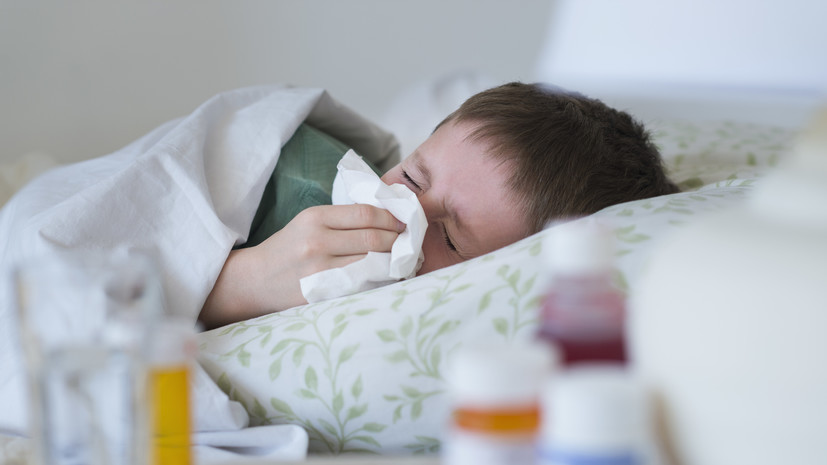“Every person has innate and acquired immunity.
It is the latter - specific, or adaptive immunity - that forms a "memory" against specific antigens.
After the first contact with the pathogen, the immune system develops reactions to it faster and more efficiently in the future.
When a child enters the kindergarten team, his immunity is faced with a whole range of new viruses and bacteria, learning to develop protection against them.
For a child, up to eight episodes of acute respiratory infections per year are acceptable, ”explained the interlocutor of RT.
According to the professor, frequent colds are not a reason not to send the child to preschool institutions: in this case, the adaptation of immunity to viruses and bacteria will happen already at school.
“There are factors and situations that prevent kindergarteners from resisting diseases.
Immune protection can be weakened against the background of stress - due to separation from parents and the usual home environment.
Often parents are limited in their ability to take a long sick leave, and the child returns to kindergarten without fully recovering.
Another mistake is to engage in self-medication, which in the end will turn out to be ineffective, and in the worst case, it can lead to complications, ”said the doctor-expert of the Hemotest laboratory.
Parents should be wary and consult a doctor if a preschooler has acute respiratory infections almost every month.
Pediatricians can refer such patients to the conditional group of “frequently ill children”.
There is no such concept in the international classification of diseases, but doctors put them on a special register, study the causes of such conditions, and carry out therapy, the specialist added.
As the doctor of biological sciences explained, all this helps to prevent the development of chronic bronchopulmonary diseases.
“It is in the power of parents to help the child's body fight viruses and bacteria.
This is helped by hardening procedures, walks in the fresh air and physical activity, regular wet cleaning of the house, clothes according to the weather - so that there is neither overheating nor hypothermia of the body, ”Giesinger recalled.
In addition, the work of the immune system is largely dependent on nutrition, she said.
“The immune system is affected by vitamin D, which is rich in fatty fish.
In addition, food determines the state of the intestinal microbiota - the largest human immune organ, ”the doctor emphasized.
To prevent colds, parents should also provide their child with a quality night's sleep.
“Scientific studies prove that sleep deprivation suppresses human immunity, increases the risk of colds.
Sleep hygiene is important in this matter: it is recommended to ventilate the room at night, exclude any flickering screens a couple of hours before bedtime and limit physical activity, establish a strict regimen for going to bed and getting up, ”she concluded.
Earlier, nutritionist Brykin spoke about healthy foods in the autumn diet.

